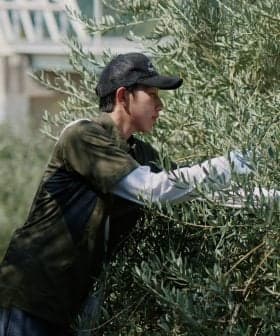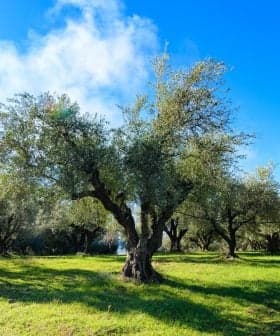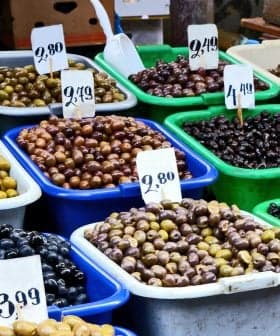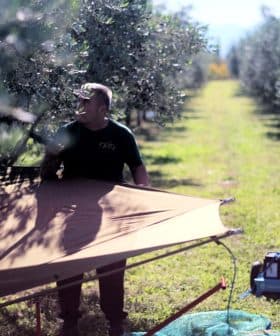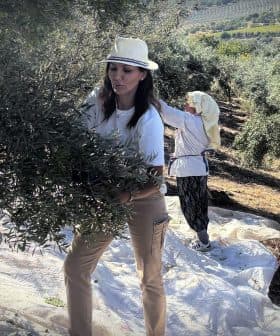More U.S. States Home to Award-Winning Olive Oils
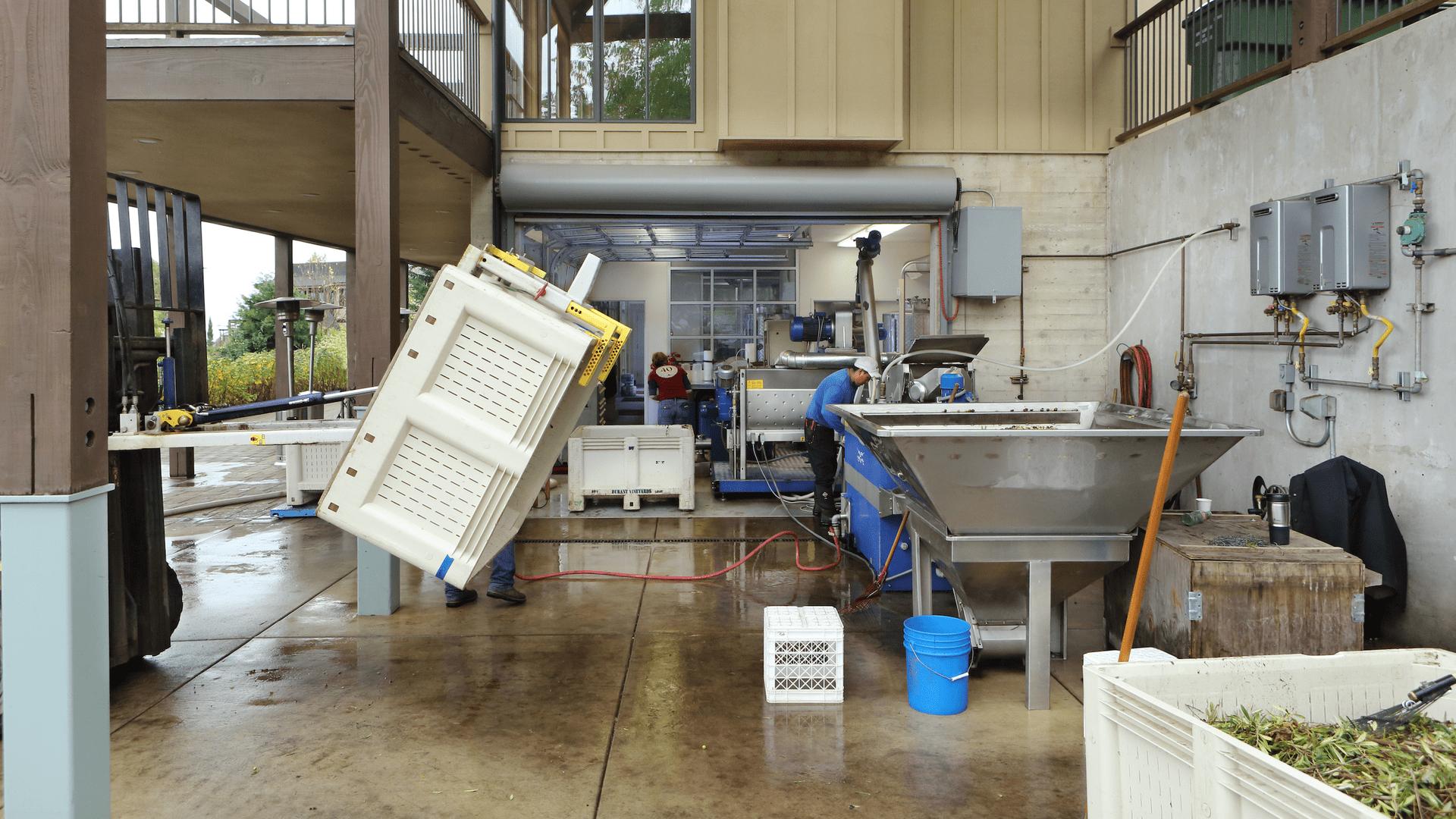
American producers, primarily from California, received a record number of Gold Awards at the NYIOOC World Olive Oil Competition, with producers from three other states also winning top awards. Texas Hill Country Olive Company and Woodpecker Trail Olive Farm in Georgia were among the non-California winners, emphasizing quality over quantity in their olive oil production. Paul Durant of Durant Olive Mill in Oregon also received awards, highlighting the unique challenges and advantages of producing olive oil in Oregon.
Once again, American producers enjoyed an excellent year at the NYIOOC World Olive Oil Competition, receiving a record-high number of Gold Awards.
While the bulk of entries and winners came from California, the center of U.S. olive oil production, a growing number of award winners hailed from beyond the Golden State.
I do believe our fruit (in Oregon) is unique. It ripens very slowly and I do believe that has some influence on flavor and texture.
Overall, producers from three other states combined for seven of the industry’s most coveted awards, making up just under 10 percent of all awarded U.S. oils – a far higher rate than their overall share of U.S. olive oil production.
After California, Texas is the second-largest producer of olive oil in the U.S. Situated just west of Austin, the state capital, are the groves of the Texas Hill Country Olive Company, which earned a Gold and a Silver Award.
See Also:Best Olive Oils From the U.S.“We are elated and honored to receive another round of awards this year,” co-owner John Gambini said. “Under the current economic climate, our awards will help us stand out and solidify our place on the stage as one of the world’s best olive oils.”
The Texas Hill Country Olive Company has been producing olive oil since 2010. Last year, the company made 11,000 liters of olive oil.
Cara Gambini, the other co-owner, said that part of what makes producing olive oil in Texas unique, and sometimes challenging, is the climate.
“Some varieties were not as plentiful as others and we believe that was caused by Texas’ unique weather conditions,” she told Olive Oil Times. “We are learning from these conditions every single year so that we can do better.”
However, part of what has made Texas Hill Country Olive Company one of the state’s most successful producers is common among almost all NYIOOC winners: an emphasis on quality.
“As a small family farm, details are important to us,” Gambini said. “We are always weighing the amount of production versus the quality of the oil. Quality is always our focus.”

Nearly 1,000 miles east of the Texas Hill Country Olive Company grow the 6,000 Arbequina trees of Woodpecker Trail Olive Farm.
The Georgian producer took home a Silver Award from the 2020 NYIOOC. Owner Curtis Poling told Olive Oil Times that he expects this award to help fuel an already growing olive oil industry in the state.
“We were aware that in Georgia, the original settlers in the 1700s and 1800s had a history of producing good quality olive oil,” he said. “Interest levels [in olive oil production] prior to the announcement of our NYIOOC award were already increasing in Georgia and this announcement will have a huge impact on future interested farms and entities to expand this opportunity.”
Poling said that his farm had previously been used to grow pine trees for timber products. After doing a soil analysis, however, he discovered that the area was well-suited to growing olives as well.
“Our soil analysis and growing zone convinced us we had a good chance of producing quality olive oil,” he said.
In spite of having appropriate soil for olive tree cultivation, Georgia’s climate and some of its soil characteristics differ greatly from other, more traditional, olive growing regions, which has presented Poling and his team with their fair share of challenges.
“Coupled with our sandy loamy soil that drains very quickly, we monitor deep and shallow moisture percentages daily so that each tree receives adequate water,” he said. “Humidity impacts the drift of pollen limiting budding. We counter that by keeping a close watch on nutrition levels so that the trees have a better chance of pollination.”
In Georgia, Woodpecker Trail Olive Farm is among a relatively new wave of producers getting into oil production. Poling believes that soon he will not be alone in receiving awards for his Georgian extra virgin olive oils at the NYIOOC.
“We have other farms in various stages [of development] and we expect to see Georgia producing award-winning olive oil over the next few years,” he said.
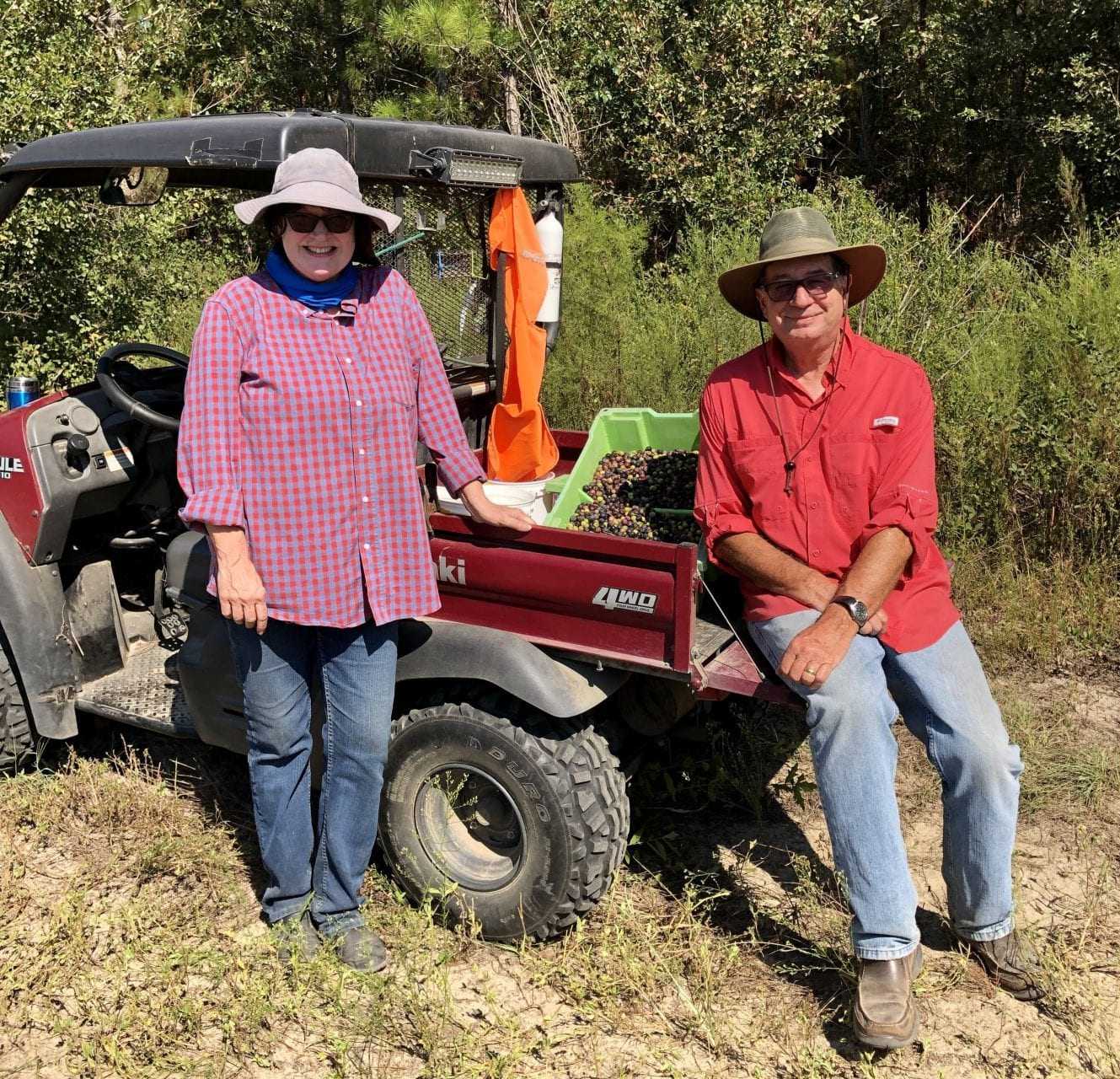
Back on the West Coast, Paul Durant and his team at Durant Olive Mill celebrated the two Gold Awards and two Silver Awards they received at the 2020 NYIOOC.
“[Receiving these awards] felt great,” Durant told Olive Oil Times. “We produced quite a bit of oil this year and it was a really hard slog. I haven’t worked those kinds of hours in a really long time.”
Among the four awards Durant took home was a Gold Award for his estate blend, an oil produced exclusively from Oregon-grown olives. (Durant also produces oil from a blend of California and Oregon-grown olives.)
“I do believe our fruit up here is unique. It ripens very slowly and I do believe that has some influence on flavor and texture,” he said. “[This award] will further solidify our position as a premier producer of high-quality olive oil and demonstrate that it can also be accomplished in a region not exactly known for olive production.”
However, Durant said that olive oil production in Oregon comes with its own set of unique problems and challenges.
“We had a hard freeze on October 31,” he said. “I lost about 30 percent of my crop. I lit fires and had four large fans hooked up to our tractors to try and pull it across the finish line.”
In spite of the difficulties, Durant was able to get across the finish line. Along with the unique qualities endowed upon the fruit by his location, Durant added that technique is key in producing high-quality olive oils.
“Our small batch production methods allow us to really maintain quality and make constant adjustments,” he said. “We have been able to get better yields over time.”


